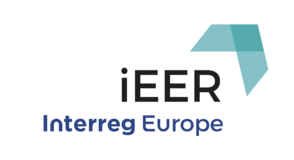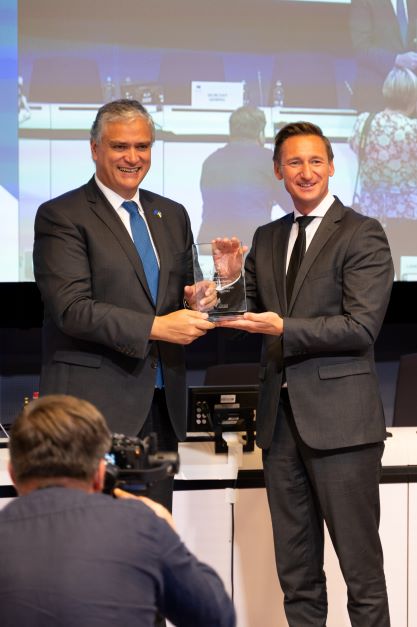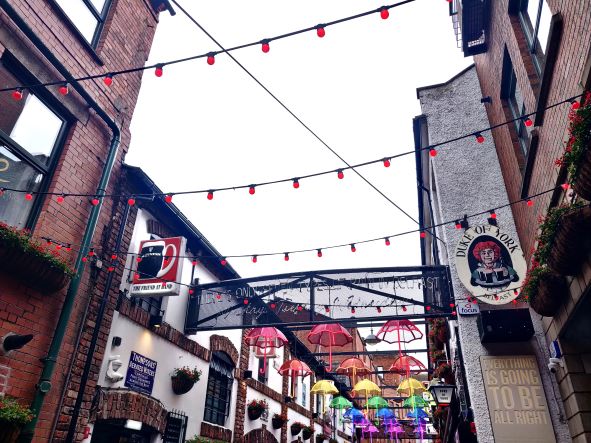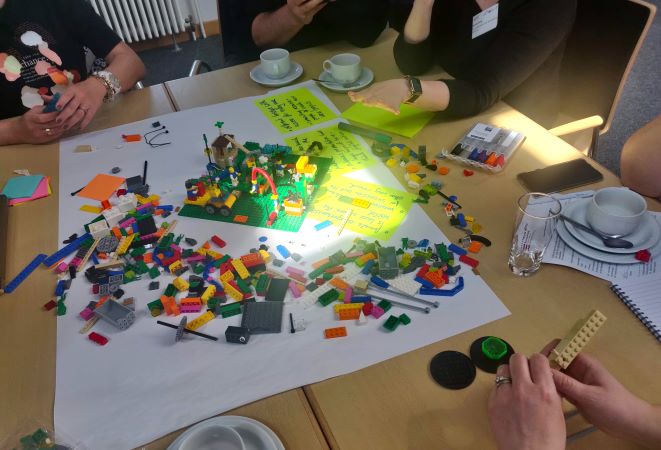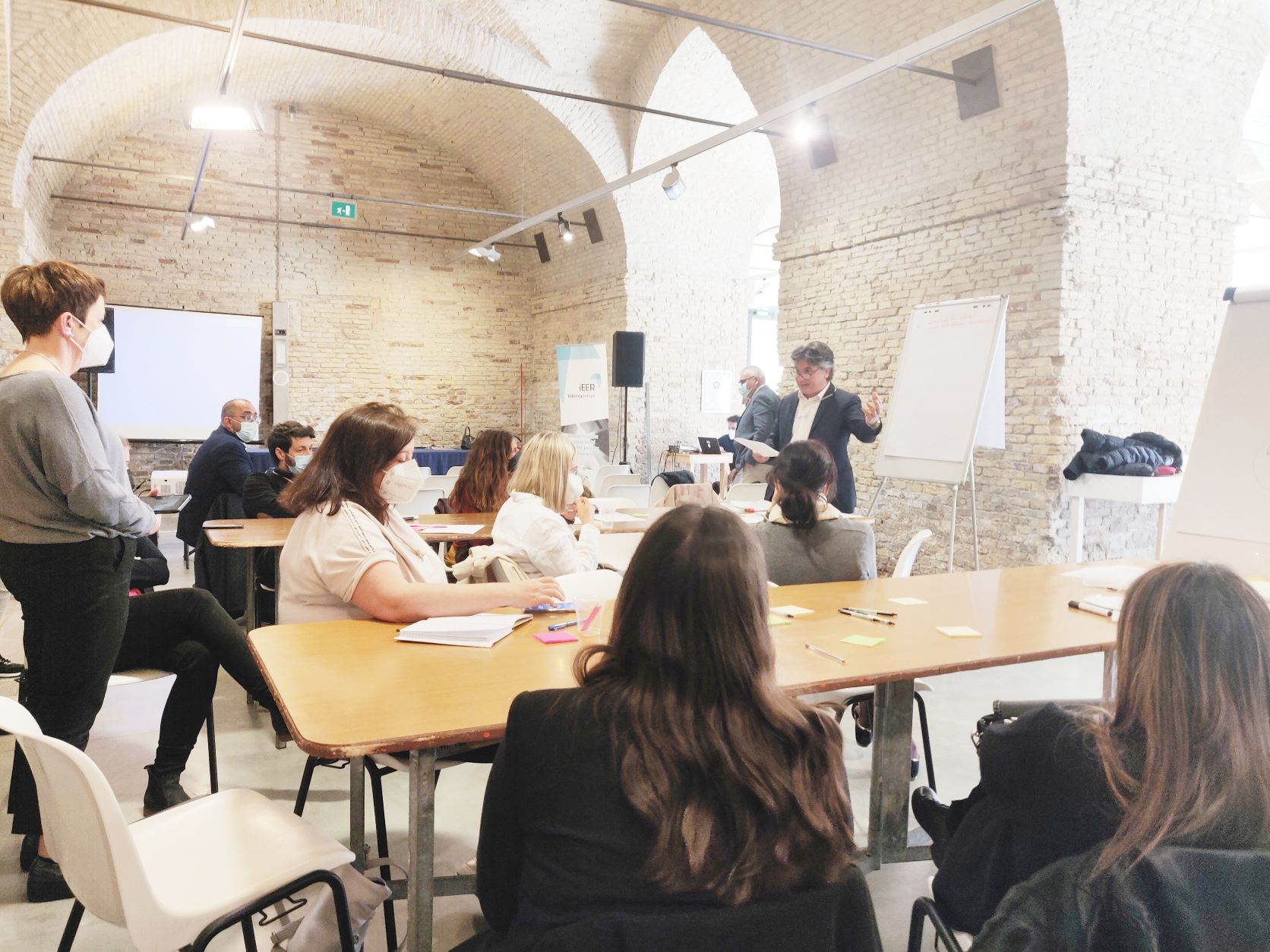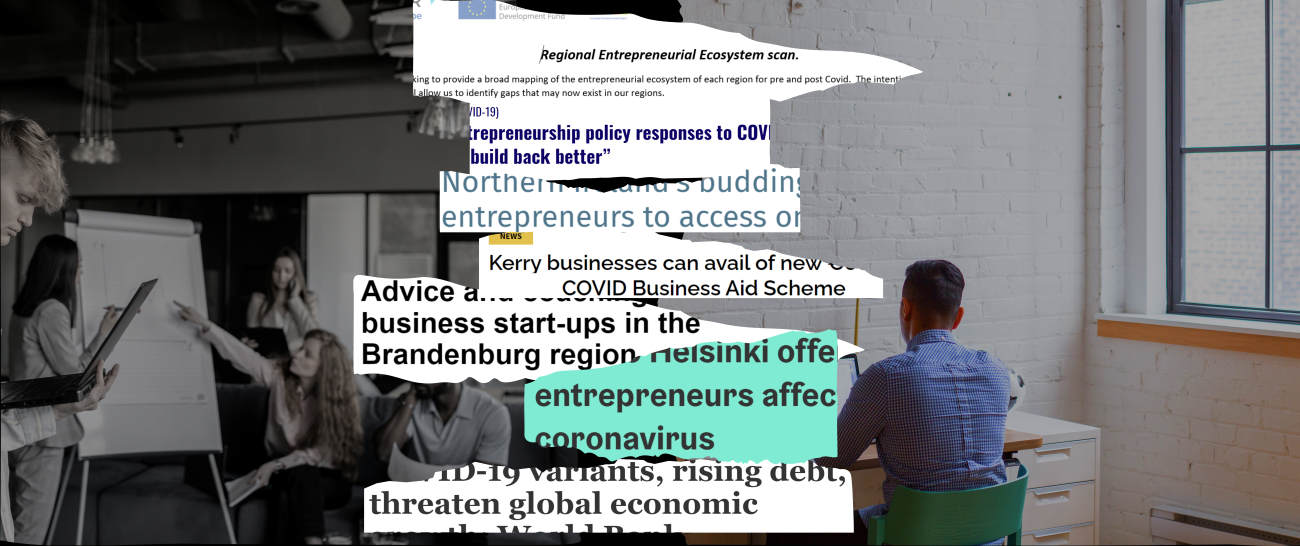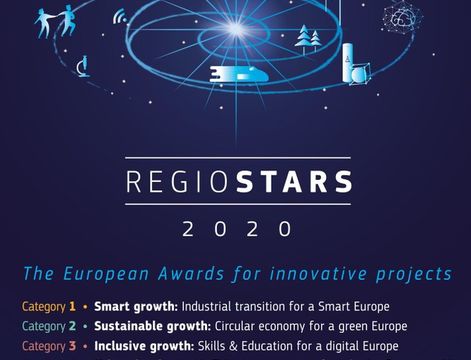There was a lot to learn from Southern Denmark for the iEER learning camp participants. The region’s well-developed smart specialisation strategy and effective use of structural funds for startup support provided participants with plenty of food for thought to take home. High-level participants from partner regions further deepened the lessons learned during the camp.
On 29.5.–1.6.2017 forty participants from twelve European regions gathered in the cities of Odense and Esbjerg in Southern Denmark to learn about the region’s use of smart specialisation in business support. Smart Specialisation is an EU policy encouraging regions to focus on their core strengths when supporting business and innovation. It encourages regions to pool resources to strengthen the core activities of the region. Southern Denmark has a well-developed smart specialisation strategy which is aligned with national, regional and local targets. Coordination and alignment through all levels of government is key to making any smart specialisation strategy to work. Learning camp participants got also to work on their own smart specialisation strategies in regional teams during a workshop hosted by the University of Southern Denmark.

One the focus areas highlighted in Southern Denmark’s smart specialisation strategy is health and social care innovation. Learning camp participants visited Science Park Odense and its Health innovation centre, which hosts a diverse set of health tech startups and provides them with high-class facilities to test their products. Situated within just a few minutes from the Science Park lies the University of Southern Denmark, which cooperates closely with the local hospital to develop innovative health care solutions. Both the University and Science Park have impressive robotics projects, and the region’s focus on health and social care innovation is advanced also by the cluster Welfare Tech and the national Healthcare DENMARK program, which promotes Danish health and social care solutions abroad.
Learning camp participants were introduced to several notable initiatives fostering startup and business growth during their visit. Scale-Up Denmark was launched in 2016 with the aim of supporting selected companies to scale up fast. Open to both international and local startups, the program is partly funded by ERDF, partly by the regions’ own funds and partly by private companies and has 12 specialised hubs across the country. Southern Denmark hosts the Health and Welfare Technology hub as well as four other hubs run by various partners.
”No one can build a company on their own”
Scale-Up Denmark promises 180+ hours of business development to the selected startups and also links them with an advisory board consisting of experienced business people. It is the advisory boards’ job to push and challenge the startups to further develop their business ideas and plans. The program even provides the selected startups with a team building day run by former Navy Seals! Emphasis on team skills is a valuable asset since ”No one can build a company on their own” as said by Peter Kristensen who is the CEO of one of the startups participating in the program.
Another initiative making use of ERDF funding is Southern Denmark’s PPI Pool, which provides “soft money” to carry budding businesses over the startup valley of death. Financing is provided to startups seeking collaboration with public sector institutions to test and develop products within the business areas of the region’s smart specialisation strategy. Scale Up Denmark and PPI Pool demonstrate the cross-cutting and strategic manner Southern Denmark uses smart specialisation to support business development, which made the region an ideal host for a learning camp focused on RIS3 and entrepreneurship support.
